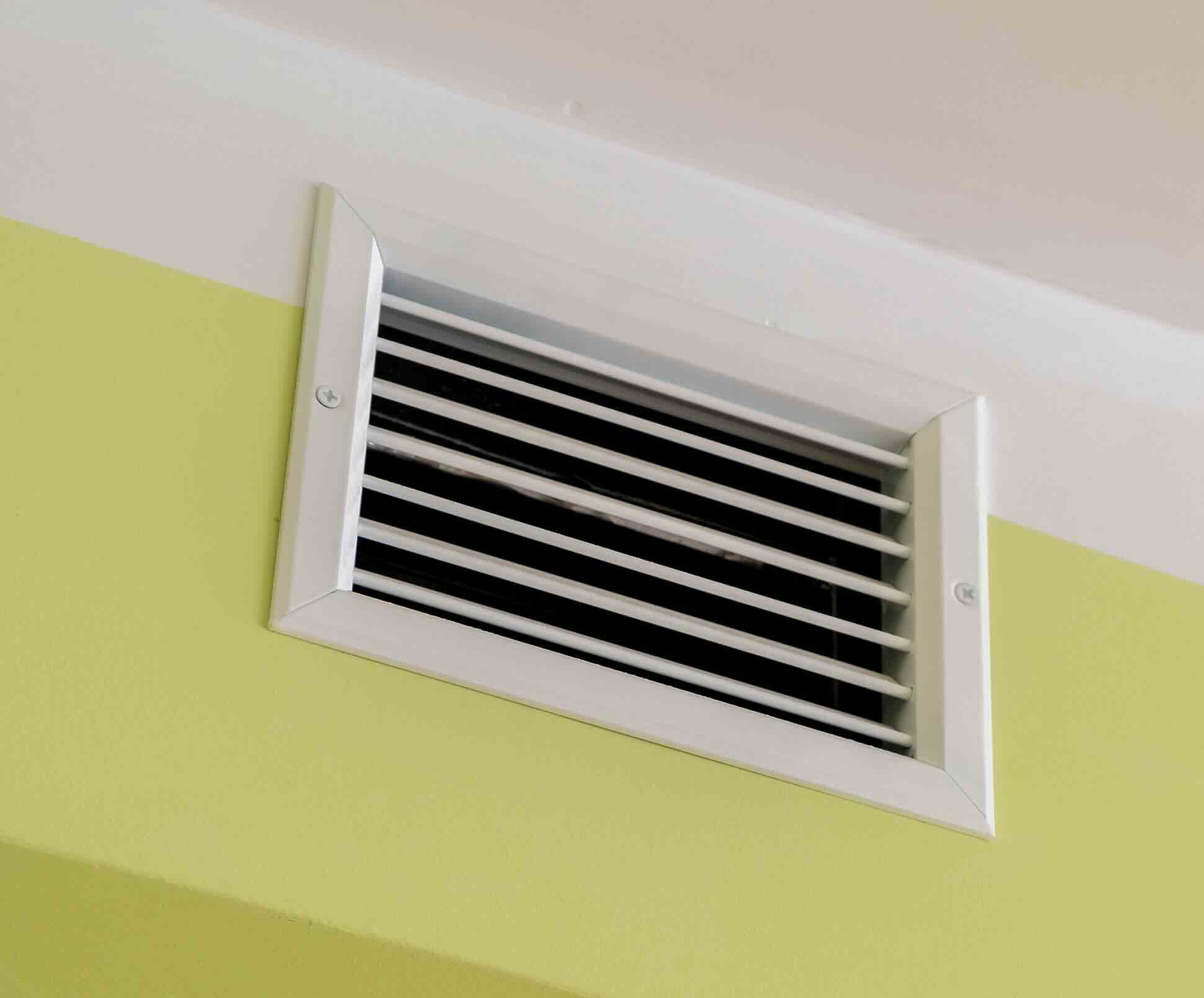When we think about pollution or air quality, most people imagine smog-filled city streets or factory emissions. But here’s a surprising fact: the air inside your home can be 2 to 5 times more polluted than the air outside, according to the EPA. And because we spend nearly 90% of our time indoors, indoor air quality (IAQ) plays a major role in our health, comfort, and even productivity.
At Pipeworks Plumbing and HVAC, we often remind homeowners that your HVAC system does more than heat and cool-it also plays a critical role in cleaning and circulating the air you breathe. In this post, we’ll explain why indoor air quality matters, what affects it, and how your HVAC system can help you create a healthier, safer living space.
What Is Indoor Air Quality?
Indoor Air Quality (IAQ) refers to the condition of the air inside buildings, especially as it relates to the health and well-being of occupants. Poor IAQ can lead to immediate discomfort, long-term health issues, and can aggravate allergies, asthma, and other respiratory conditions.
Common pollutants that impact IAQ include:
- Dust and dust mites
- Mold spores
- Pet dander
- Pollen
- Volatile organic compounds (VOCs) from paints, furniture, and cleaning products
- Tobacco smoke
- Carbon monoxide
- Bacteria and viruses
Why You Should Care About Your Indoor Air
1. Health Effects
Poor air quality can contribute to a wide range of health issues, including:
- Allergy symptoms: sneezing, congestion, and itchy eyes
- Asthma attacks and other respiratory conditions
- Headaches and fatigue
- Eye, nose, and throat irritation
- Long-term exposure risks such as heart disease or chronic lung conditions
For children, the elderly, and those with pre-existing health issues, indoor air pollution can be especially harmful.
2. Comfort and Productivity
Even if you’re not experiencing major health issues, stale or polluted indoor air can leave you feeling tired, unfocused, or uncomfortable. High humidity or airborne particles can also make your home feel stuffy or musty-hardly a relaxing environment.
3. HVAC System Performance
Poor air quality can actually make your HVAC system work harder. Dust and debris clog filters and ducts, while excess moisture can corrode internal components. Keeping your air clean isn’t just good for your health-it also helps your system run more efficiently and last longer.
How Your HVAC System Can Help Improve Indoor Air Quality
Now for the good news: your HVAC system, when properly maintained and upgraded, can dramatically improve the air you breathe at home. Here’s how.
1. High-Efficiency Air Filters
Standard HVAC filters are designed to protect the system-not necessarily your lungs. Upgrading to a high-efficiency filter (such as a MERV 11 or MERV 13 filter) can trap much smaller particles, including pollen, pet dander, and bacteria.
Tip: Change your filter every 1–3 months, depending on usage, pets, and allergies in the home.
2. Whole-House Air Purifiers
While filters catch particles, air purifiers go a step further by neutralizing airborne contaminants. Many systems use UV light or ionization to kill bacteria, mold spores, and viruses, offering an extra layer of protection. Installed directly into your HVAC system, whole-house purifiers offer a better solution than portable units because they clean the air in every room-not just one.
3. Humidity Control
Humidity is a big part of indoor comfort-and health. High humidity encourages mold and dust mites, while low humidity can cause dry skin, irritated sinuses, and static electricity. Your HVAC system can be equipped with:
- Dehumidifiers to reduce moisture in the summer
- Humidifiers to add moisture in dry winter months
Balanced indoor humidity (ideally between 30–50%) helps prevent biological pollutants and keeps your home more comfortable year-round.
4. Proper Ventilation
Modern homes are built to be energy efficient, which means they’re often tightly sealed. That’s great for your heating and cooling bills, but it can trap pollutants inside. Solutions like energy recovery ventilators (ERVs) or heat recovery ventilators (HRVs) introduce fresh outdoor air into your home without sacrificing efficiency. This helps dilute indoor pollutants and maintain oxygen-rich, healthy air.
5. Routine Duct Cleaning and Maintenance
If your ducts are dirty, your air is too. Over time, dust, debris, and even mold can accumulate in your ductwork and recirculate through your home. Professional duct cleaning ensures that clean air actually stays clean as it moves through your HVAC system. Regular inspections also help identify leaks or contamination that could be affecting IAQ.
DIY Tips for Better Indoor Air Quality
While HVAC solutions are a powerful foundation, there are simple things you can do every day to improve the air in your home:
- Use natural or fragrance-free cleaning products
- Avoid smoking indoors
- Ventilate while cooking or using chemical cleaners
- Vacuum with a HEPA-filtered vacuum regularly
- Keep plants to a minimum if you have allergies (some release mold spores)
- Open windows on mild days to air out the home
When to Call the Pros
If you notice any of the following, it’s time to have your system inspected:
- Unusual odors from vents
- Excessive dust buildup
- Allergy or asthma symptoms that worsen at home
- Visible mold on vents or near ductwork
- Rooms that feel humid or stagnant
At Pipeworks Plumbing and HVAC, we provide full indoor air quality assessments, HVAC upgrades, and preventative maintenance to make sure your home stays safe, clean, and comfortable.
Final Thoughts on Indoor Air Quality
Indoor air quality matters more than most people realize. It affects your health, your comfort, your energy use-and your peace of mind. Fortunately, your HVAC system can do more than just heat and cool. With the right equipment and routine care, it can become your home’s first line of defense against airborne pollutants.
Ready to breathe easier? Contact Pipeworks Plumbing and HVAC today at gopipeworks.com to schedule an indoor air quality consultation or HVAC system upgrade. Let’s clean up the air where it matters most-right inside your home.


